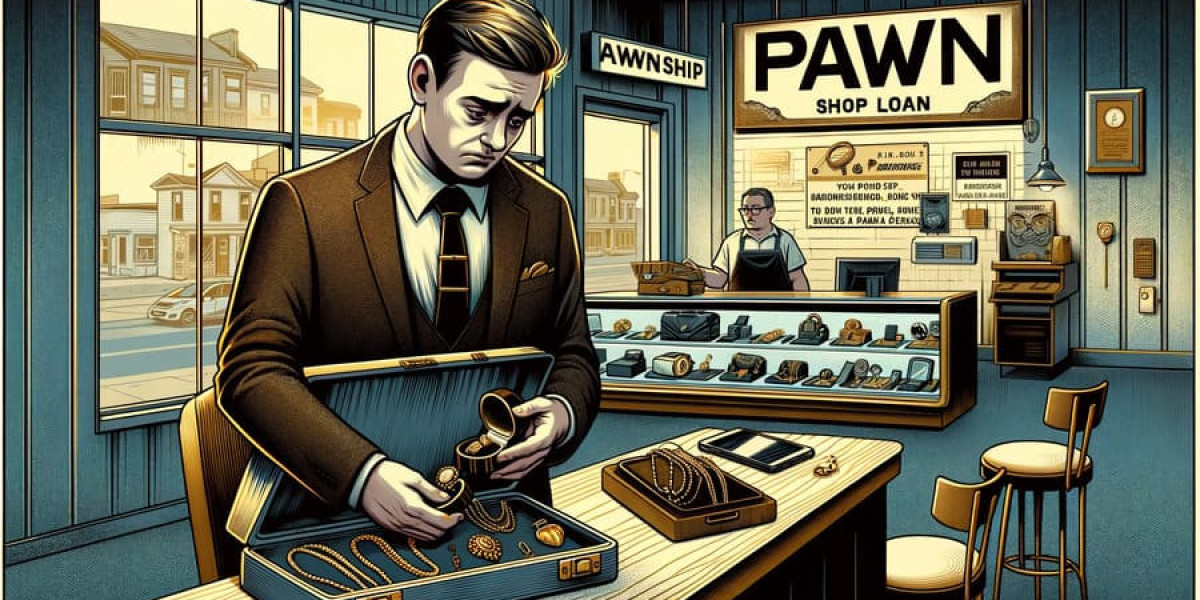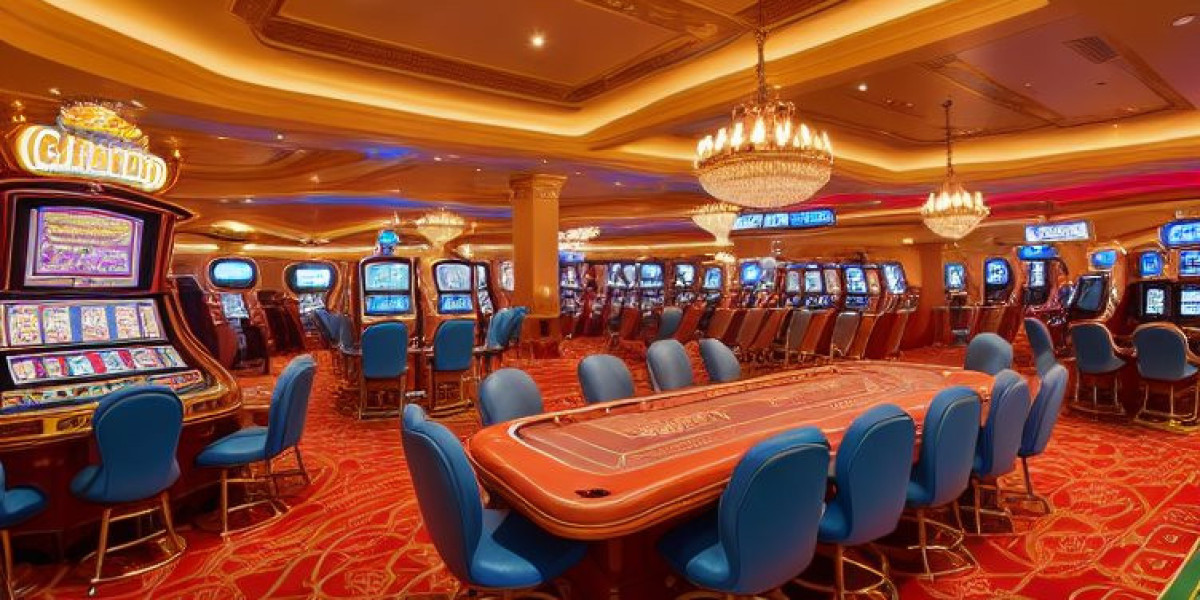In the world of poker, few settings evoke as much excitement and tension as the Wild West. This legendary era, with its rugged charm, lawlessness, and unpredictable nature, serves as the perfect backdrop for an engaging poker experience. The tables set in this wild terrain are not just about the cards dealt but the thrilling challenge of navigating the uncertain waters where skill, luck, and strategy collide. For those who dare to take on the challenge, poker in the Wild West can be as exhilarating as it is rewarding. Let’s embark on a journey through the poker tables, where fortunes are made, legends are born, and the stakes are as high as the mountains that surround the vast, untamed landscape.
The Essence of Poker in the Wild West
Poker, at its core, is a game of deception, psychology, and wit. Much like the infamous gamblers of the Wild West, who would stake everything on a single hand, players must rely not only on their hand of cards but also on their ability to read the room. The stakes, both financial and emotional, are high. And, much like the dusty, lawless towns of the West, the poker tables often have their own set of unspoken rules that players must learn to navigate.
In this environment, every poker game tells a story. Whether you're sitting at a high-stakes table in a smoky saloon or facing off against a rival at a quiet corner table, the challenge remains the same: can you outwit your opponents and win it all? Success in poker is determined not just by the cards you're dealt but by your ability to anticipate the moves of others, bluff with conviction, and manage your emotions under pressure.
Poker Etiquette: Respecting the Game
In the Wild West, poker was often more than just a pastime; it was a way of life. A gentleman’s game, it required players to maintain a certain level of decorum and respect for the table. This respect was not just for the players around the table, but for the game itself. In modern poker rooms, this tradition continues, and adhering to etiquette can be the difference between victory and defeat.
Understanding the rules of the game and respecting the flow of play is vital. For instance, acting out of turn or disrupting the pace of the game can lead to frustration among players and can even result in a loss of focus. Additionally, players should refrain from engaging in unsportsmanlike conduct, such as taunting others or revealing too much information about their hand through body language. The best poker players are often those who can stay calm, collected, and in control, no matter what is at stake.
The Art of Bluffing: A Poker Player’s Secret Weapon
One of the most iconic elements of poker in the Wild West was the art of bluffing. The ability to deceive your opponents into thinking you have a stronger hand than you actually do is a skill that has been perfected over generations of gamblers. In the heat of a poker game, players are often faced with difficult decisions that could make or break their chances of winning. It’s in these moments that the true masters of the game separate themselves from the rest.
Bluffing is a delicate balance. A well-timed bluff can force an opponent to fold and hand you the pot, but an ill-timed bluff can leave you exposed and vulnerable. It requires both confidence and subtlety. Your opponents must believe you, but you must also believe in yourself. The best bluffs come from the players who know their opponents as well as they know their own hand. Every facial expression, every gesture, and every word spoken can give away something crucial to the observant player. Mastering the art of bluffing is an essential skill for anyone looking to succeed in the wild world of poker.
The Importance of Patience and Timing
The Wild West was a place where patience could be just as valuable as skill. In the high-stakes poker rooms of this legendary time, players often waited for hours, or even days, for the perfect hand to appear. The key to winning was knowing when to act and when to hold back. This principle holds true in today’s world of poker as well.
Successful poker players are often those who can control their impulses and wait for the right moment to strike. Just as a cowboy waits for the perfect opportunity to draw his revolver, a poker player must wait for the right cards to come their way. However, patience alone is not enough. Timing is equally important. Knowing when to raise, when to call, and when to fold can mean the difference between winning a small pot and walking away with everything.
The Role of Luck in Poker
In the Wild West, luck played a significant role in the outcome of any poker game. The unpredictable nature of the game meant that even the most skilled players could find themselves at the mercy of a well-timed draw or a lucky river card. In the same way, modern poker still has an element of luck that can’t be ignored.
No matter how skilled a casino revolution player is, luck can always intervene to turn the tides. A single card can change the entire outcome of a hand. A player who has carefully calculated their strategy can suddenly find themselves outmatched by an opponent who seems to have an uncanny ability to draw the right cards. This element of chance adds a thrilling sense of uncertainty to every poker game, ensuring that no victory is ever guaranteed.
However, while luck can certainly have an impact on the game, it’s important not to rely solely on it. The best players understand that poker is a long game. While luck can change the outcome of a single hand, skill, strategy, and discipline will determine the overall winner. Players who can manage the highs and lows of luck, while consistently making the best decisions, will find themselves on top in the long run.
Strategies for Winning at Poker Tables
Winning at poker requires more than just knowing the rules; it requires the development of a solid strategy. Here are some key strategies that can give you an edge at the poker table.
1. Play Tight, Aggressive Poker
One of the most successful strategies is playing tight, aggressive poker. This means only playing strong hands and betting aggressively when you have them. By limiting the number of hands you play, you reduce the risk of losing with weak cards. However, when you do play, you do so with confidence and strength. This strategy forces your opponents to fold or play defensively, giving you more control over the table.
2. Pay Attention to Your Opponents
Observing your opponents is just as important as playing your own cards. Experienced poker players can often predict what their opponents will do based on their behavior, betting patterns, and reactions. If you can get a read on your opponents, you can adjust your strategy accordingly. For instance, if an opponent is playing aggressively with weak hands, you may want to wait for a stronger hand and let them dig their own hole.
3. Manage Your Bankroll
One of the most important aspects of poker is managing your bankroll. In the Wild West, a gambler’s fortunes could rise and fall with a single bet. Similarly, in modern poker, managing your money wisely is crucial to staying in the game. It’s important to set limits for yourself and stick to them. If you find yourself on a losing streak, it’s essential to step back, reassess, and avoid chasing losses. Good bankroll management allows you to stay in the game long enough to capitalize on your winning streaks.
4. Know When to Fold
Knowing when to fold is perhaps the most difficult skill to master in poker. In the heat of the moment, it can be tempting to continue betting on a weak hand, especially if you've already invested a significant amount of money. However, sometimes the best decision is to cut your losses and fold. By knowing when to walk away, you can conserve your chips for more favorable opportunities.
The Enduring Appeal of Poker in the Wild West
The spirit of the Wild West continues to captivate players today. It’s a world where every hand is a chance to test your luck and skill, where every opponent is a potential rival, and where the stakes are always high. The excitement, drama, and thrill of poker in the Wild West are timeless, and the game has evolved to become a global phenomenon. From the dusty saloons to the high-tech tables of today, the essence of the game remains the same.
Whether you're a seasoned player or a newcomer to the world of poker, the Wild West is always waiting for those brave enough to take on the challenge. The tables are set, the cards are shuffled, and the next big hand could change everything. Are you ready to face the wild and claim your fortune? The poker tables are calling, and the adventure awaits.







